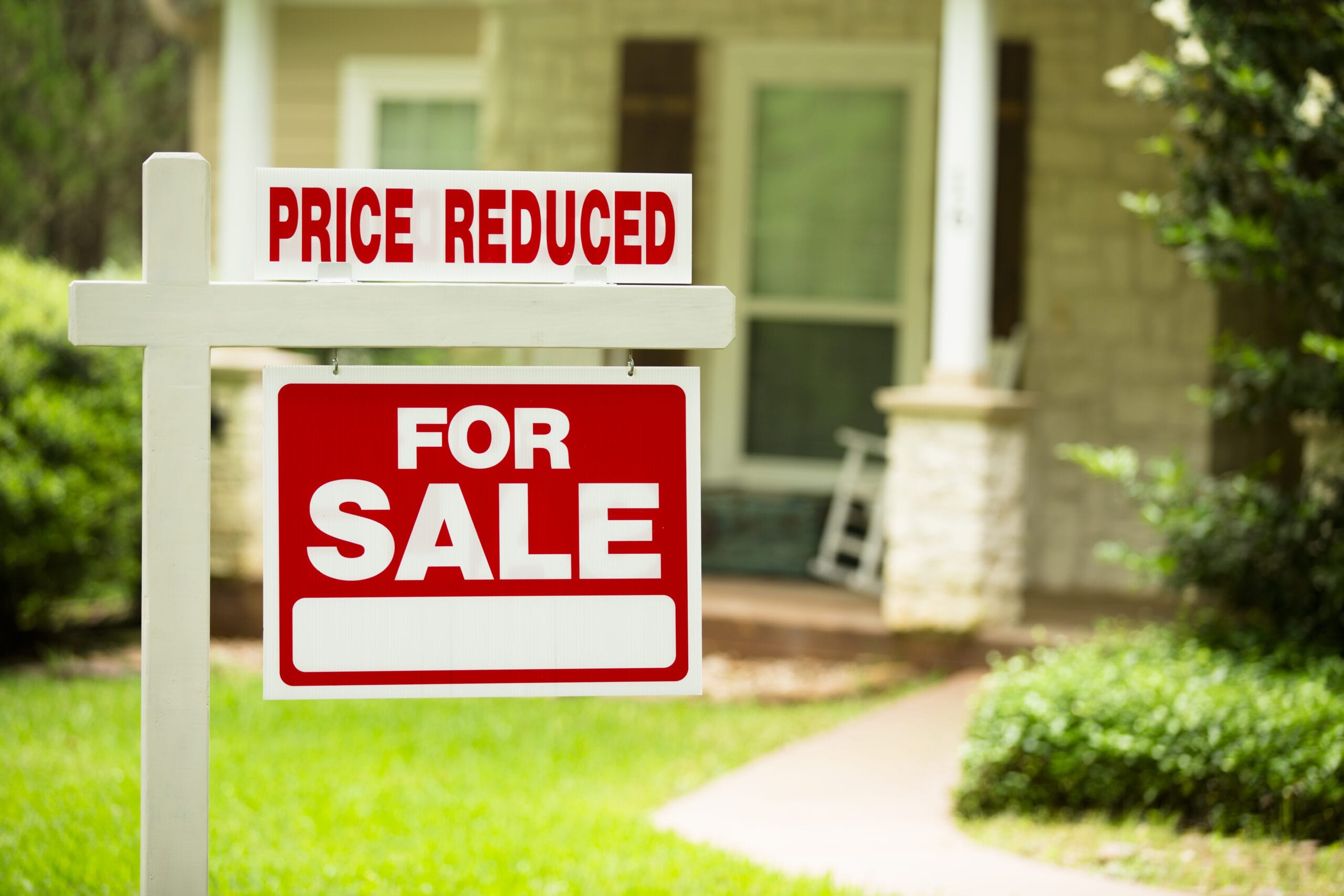Bad news is often good news when it comes to the economy these days. To wit, the U.S. economy grew by only 1.1 percent year over year according to the latest Commerce Department data. That is half of the nearly 2 percent growth that many economists had predicted and is down considerably from the 2.6 percent growth rate at the end of last year.
Normally such a slowdown would be the harbinger of tough times ahead. But the Federal Reserve Board has been steadily raising interest rates to slow the economy and, in that way, restrain high inflation. That means a slowdown short of an actual contraction is exactly what the Fed wants. And it’s happening!
So, the bad news is good news. Except there might be a problem.
Housing has been in a slump, and it might be in an even bigger slump than we know. Anecdotally, I continue to be surprised by how few “for sale” signs I see in Washington, Virginia, and Maryland. Housing prices have declined as interest rates rose, but a lot of people apparently aren’t even trying to sell.
Government statistics show that housing sales have slowed. Monthly new-home sales were 3.4 percent below the March 2022 estimate, according to recently released data. Existing-home sales fell 2.4 percent in March. What many economists fear – and I agree with them – is that people are staying out of the market because they don’t want to sell their homes into the currently low-priced market, which is masking how soft housing might be.
People can’t hold on to homes they want to sell forever. When they finally sell, the realized-price declines (if they materialize) would ripple through the economy. And that will depress economic growth even more.
In short, the economy has slowed but is not in recession. That’s a sign that the economy might have a “soft landing” after so many interest-rate increases. And it is exactly what the Fed has tried to accomplish.
But the holding back of housing sales can’t last forever. If prospective sellers realize they don’t have as much money in their homes as they thought, the economy could slow into recession range.
That will be the “hard landing” that everyone is hoping to avoid.
The Fed has been clear that price stability is its number one priority. But later this year they will have to decide whether to remain hawkish in the face of this looming risk. The “shadow” housing market level of prices could well play a role in that decision.


